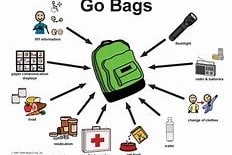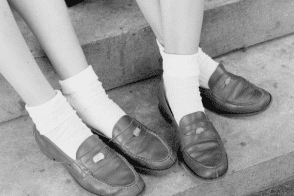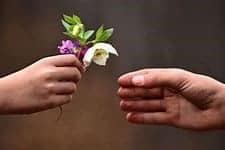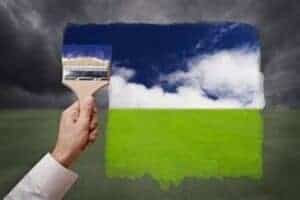There is an episode of the TV show, The Walton’s, when a zealous young writer, John Boy, in May of 1937 drives from Virginia to New Jersey to see the Hindenburg dock. His intent was to report the event back home. His enthusiasm quickly fades as he watches the horror of the airship exploding and going up in flames right before his eyes. Once jubilant, he returns home broken and in shock. He struggled to write about the event for his emotions overcame him. This is the nature of a disaster.
Hurricane Ian is an experience that many lived through and an event that has taken homes, neighborhoods, towns, livelihoods, and lives. We are so saddened by the events resulting from this storm. Those just south of us are devastated and countless are in ruin. Many who survived wonder if their lives will ever be the same. We know how lucky we are that the storm veered slightly south saving us from this destruction. We appreciate the fact of how closely the storm came to us.
As the storm passed through, we hunkered down, sat by lamp light, played cards, and hoped for the best as the wind blew and the trees bent over from the gale winds. We listened to noises that were unrecognizable. We filled the tub with water as instructed only to find that it had drained on its own – a lesson learned. We had dinner at 4pm and went to bed in the dark at 7pm. With no power, we began to appreciate the small things and that LED lanterns are really bright. And, that in the darkness, even a small light seems bright. As we were instructed to have a “Go Bag” ready if we needed to evacuate, we struggled to identify what 5 items would be the most important for us to take. We listened to the radio which was our only form of communication except for an occasional text.
There is nothing like a hurricane at your door to know how cared for you really are. We were reminded of this as we rode out the storm and received texts from friends and family from FL, DE, MD, MA, ME, RI, TX, Canada, and France. We deeply appreciated each one of these communications. Once we could use our cell phones, friends contacted us to let us know what the damages looked like. We knew of our own but not of others at that time.
Once the storm had passed, we headed outside. We could quickly see that the neighborhood was bruised but not broken. With no power, we “manned” our generator, had four refrigerators running at one time, and charged cell phones and battery packs. With four days without power, we smelled of sweat and gasoline. The dress was ear plugs, dirty
t-shirts, boots, and gloves. We spent the days with others cleaning up and, as we did, we realized that the storm for us was about coming together. We raked and sawed and dragged things to the street. Andrea was also off rescuing baby squirrels and Maggie was being a nurse. The neighborhood stepped up and we were all grateful to be there for each other.
By word of mouth and a radio, we heard of the devastation and destruction that others were suffering. We were thankful that we had only minor damage to our home. But what this experience has left in our hearts is more lingering. What it has once again taught us is that we all teeter on the edge of life and sometimes we survive by physics alone. As prepared as we can be, sometimes Mother Nature has other plans for all of us.
Most of us have been through storms of some sort. Snowstorms up north, nor’easters, small tornadoes, summer thunder and lightning. If there is a message coming from this storm, it is that nature is clearly what we have left to bring us together. It is about lessons learned and lessons remembered. It is about hugging your friends when you see them and holding on tight to those you love. It is about making new friends and helping a stranger. For one day you may need that hand to hold and get you through a storm.
“The future is not going to be one of Religion or Politics. The struggle will be for Air and Water. The question will then be, who will survive on this planet? We know certainly that we cannot do it alone.”



